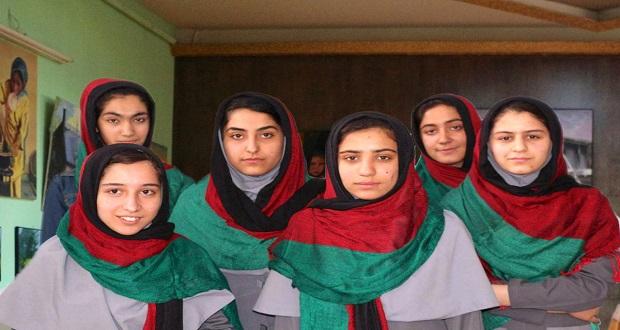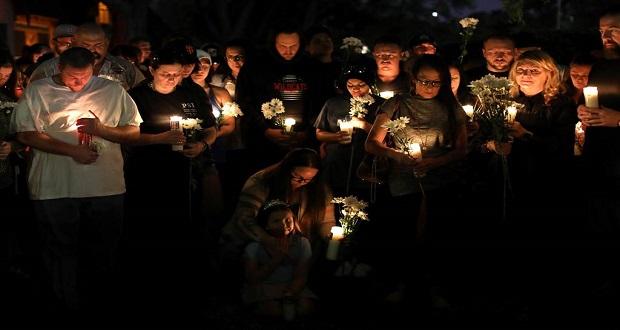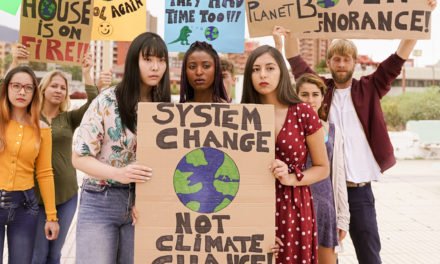 Larry Arnn, the president of the private Hillsdale College, made comments recently during a subcommittee hearing on Michigan’s education standards. During the hearing, Arnn made reference to a 2000 memorandum from the state which admonished the college for not having enough diversity. In recounting this experience, he said “I guess they were saying we did not have enough ‘dark ones’.” I am willing to give Arnn the benefit of the doubt. I think he was trying to be sarcastic as he went on to say that the State sent people to count the number of minorities (“dark ones”) one by one. Hillsdale was described in the media as one of the first colleges in the nation (mid 1800’s) to have non-discriminatory admissions policy. Arnn is against racial preferences in admissions policies.
Larry Arnn, the president of the private Hillsdale College, made comments recently during a subcommittee hearing on Michigan’s education standards. During the hearing, Arnn made reference to a 2000 memorandum from the state which admonished the college for not having enough diversity. In recounting this experience, he said “I guess they were saying we did not have enough ‘dark ones’.” I am willing to give Arnn the benefit of the doubt. I think he was trying to be sarcastic as he went on to say that the State sent people to count the number of minorities (“dark ones”) one by one. Hillsdale was described in the media as one of the first colleges in the nation (mid 1800’s) to have non-discriminatory admissions policy. Arnn is against racial preferences in admissions policies.
Even if we give him the benefit of the doubt and believe that his intent was not to offend, but rather to make clear his objections to “counting heads”, his comment obviously showed a lack of sensitivity to understanding the impact on the “dark ones” and their allies.
Perhaps in Arnn’s mind the phrase “dark ones” was simply descriptive of those who were visibly different from the white students. On a recent trip to Munich, a German participant in a session I was facilitating described one of her colleagues as “very black”. I was taken aback by her comment and the matter of fact way in which she said it. When we talked later, she said for her it was just a neutral description, with no judgment associated.
Why did Arnn’s choice of words raise such a firestorm? Would we have objected if he had said “minority” students? Black students? Asian Students? We do indeed come in many colors some darker than others.
Why are we so sensitive about color?
Historically, lighter-skinned people have been associated with higher social statuses, darker-skinned with laborers and working class. In Latin and South America, light skin is seen as more attractive. In Mexico, light skin represents power. Media images from the United States, India, and Brazil, favor lighter-skinned actors, actresses, and models. Skin-lightening is a multi-billion dollar industry in Asian countries, where 4 in 10 women in Hong Kong, Malaysia, the Philippines, South Korea and Taiwan admit to using such products. The skin-lightening cream market in India has been growing at 18% per year, and in China, it comprises 71% of the total skin care market. (From The Winters Group Global Tipping Point Report)
A Law Professor at Vanderbilt University conducted a study of over 2,000 immigrants from around the world and found that those with the lightest skin earned on average 8-15% more than similarly qualified immigrants of darker hues. He concluded that the primary reason for the difference was discrimination.
“Dark ones” might have been a benign description for Arnn, however for those of us who are the “dark ones”, or know what is like to walk in the shoes of the “dark ones”, such a phrase means so much more. It is a stark reminder about pain, suffering, exclusion and inequality. Is he even aware of the gross inequities faced by the “dark ones”? Or does Arnn assume we live in a meritocracy? Was he judging the “dark ones” as less than the “light ones”? We really don’t know. He has apologized but I also hope he gets some education on why his comments received such a negative reaction.


















